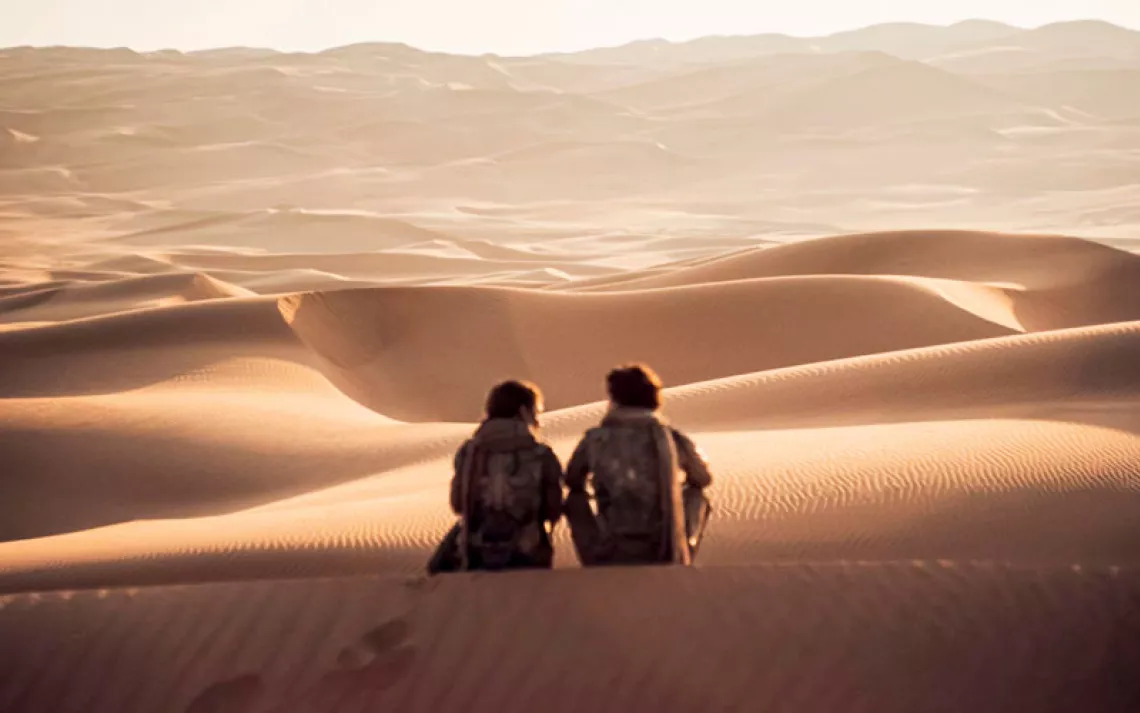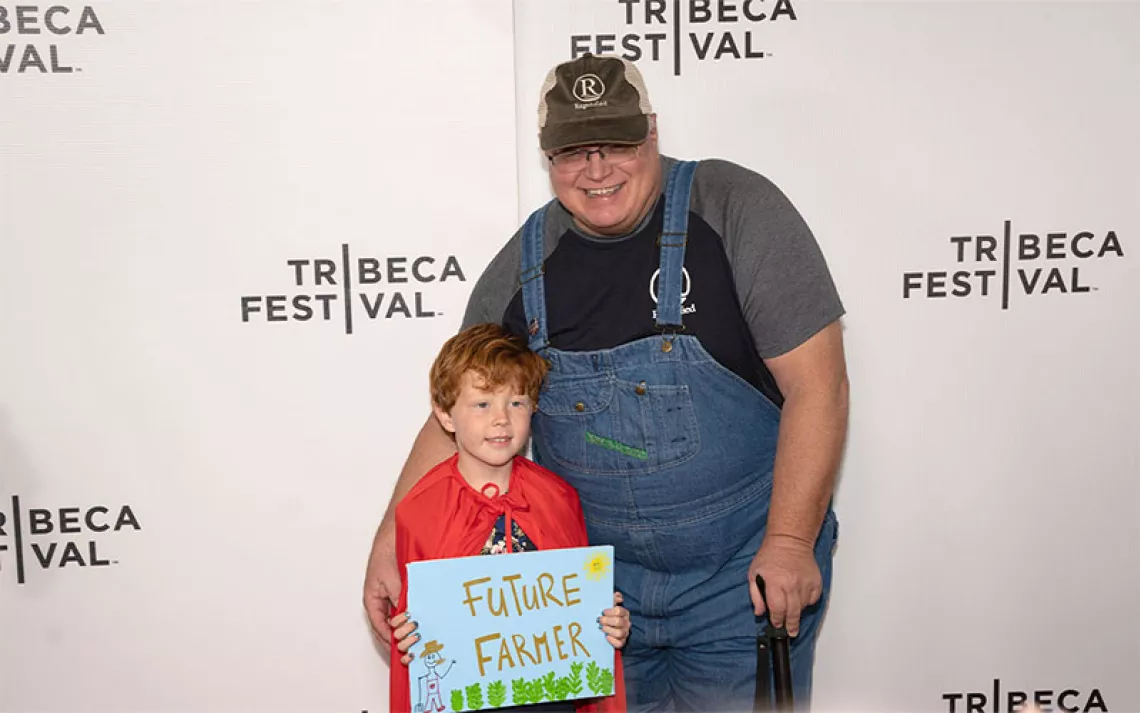Climate Change Goes to Hollywood

Photo by iStock/Notorious91
A major news channel interrupts your local programming to tell you that a cataclysmic flood is rolling in; all major landmarks will be wiped out and hardly anyone will survive.
Scenarios like this are common in Cli-Fi, or Climate Fiction, a sub-genre that’s rising faster than the planet’s oceans. It originated in books and has found a second home on movie screens. Recognizing Cli-FI’s popularity, journalist Dan Bloom decided in 2014 to create an awards show–dubbed the Cliffies–that honored the best climate-themed movies of the year.
Some of the award categories are standard, like best movie and best actor, but a few are unique to the Cliffies, like best marketing campaign and most in tune with current climate science. Unlike typical Hollywood award shows, the Cliffies are broadcasted online only, sans red carpet and lavish gowns. Anyone from climate scientists to ordinary movie buffs can participate in the nomination process.
You’ll probably recognize the blockbusters that swept up Cliffie awards in 2014: “Noah,” starring Russell Crowe and Emma Watson, took home “Best Screenplay” while “Snowpiercer,” starring Chris Evans, won “Best Movie.” But in 2015, a foreign film snatched most of the Cliffie awards: Taklub, a Filipino film, features a community reconstructing their lives in the wake of Super Typhoon Haiyan.
Cli-Fi movies like "Taklub," which reflect actual climate-induced disasters, are becoming more prevalent for a reason: people need them. A BBC article says the “lure of the disaster movie” is based on a post-9/11 world filled with anxiety. The trauma of terrorist attacks, an increase in natural disasters, and urban riots are realistic situations moviegoers want to see on the screen to reassure themselves that they’ll survive even the worst experiences. Through simulation, audiences can grapple with a world in which nothing is certain.
One thing we can count on is that natural disasters will keep occurring, both in fiction and in reality. At their best, Cli-Fi films prompt us to pay closer attention to real climate change issues. Climate change isn’t going to be fixed by watching movies, but it’s a great way to start the conversation.
 The Magazine of The Sierra Club
The Magazine of The Sierra Club



